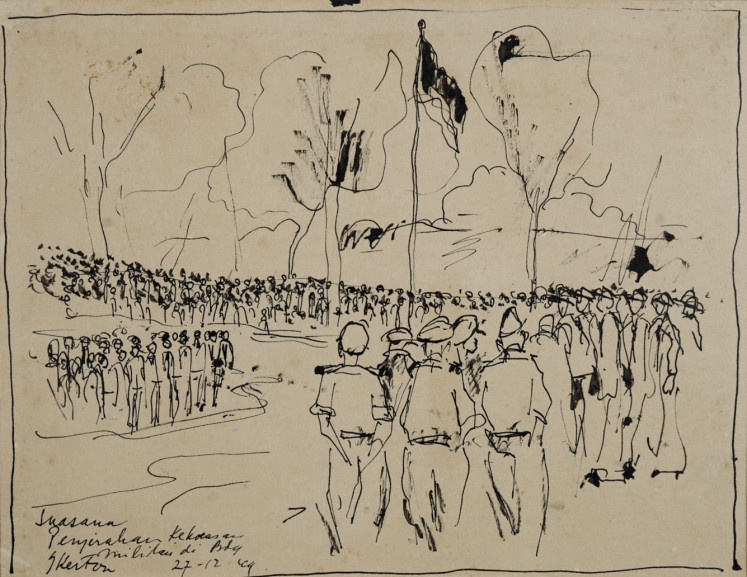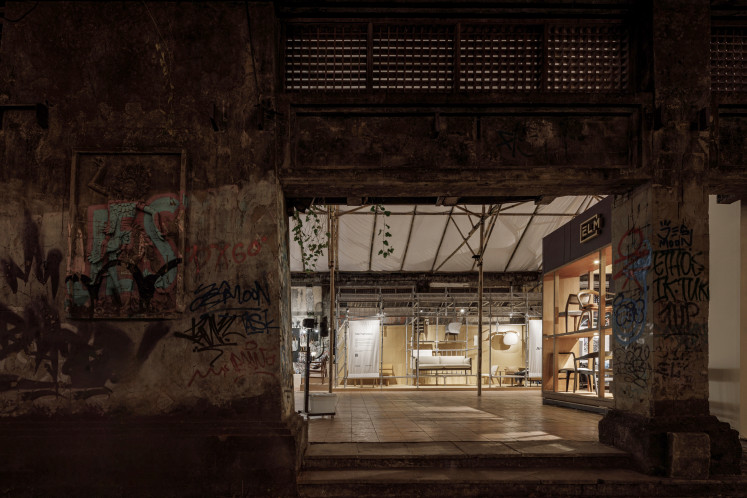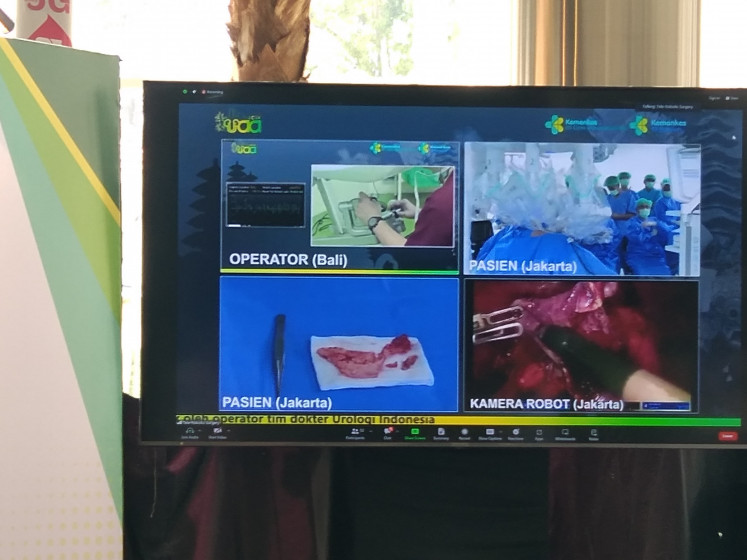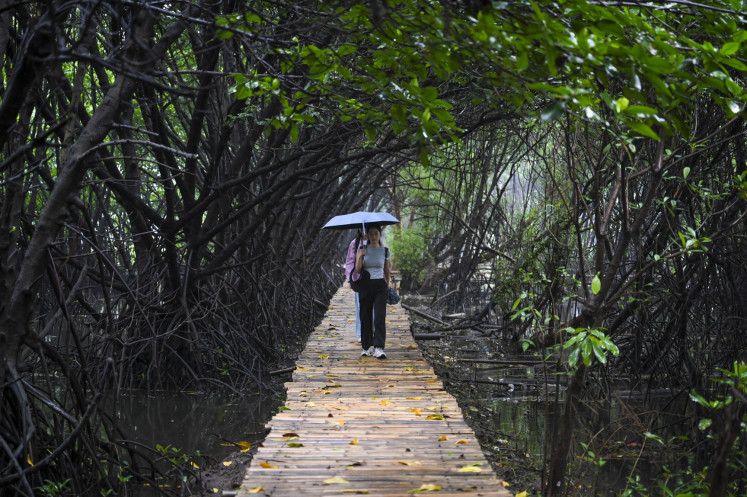Popular Reads
Top Results
Can't find what you're looking for?
View all search resultsPopular Reads
Top Results
Can't find what you're looking for?
View all search resultsHow Japan's overwork culture leads to 'karoshi'
Change text size
Gift Premium Articles
to Anyone
 The culture of working until you run out of energy, with a minimum working time of up to 12 hours a day, not only exists in Dentsu, but also in the majority of Japanese companies. (Shutterstock/File)
The culture of working until you run out of energy, with a minimum working time of up to 12 hours a day, not only exists in Dentsu, but also in the majority of Japanese companies. (Shutterstock/File)
A work-life balance seems like a foreign concept in Japan. For many Japanese employees, life and work are the exact same thing.
"It is 4 in the morning. My body is shaking. I feel like dying," was one of Matsuri Takahashi's tweets not long before she committed suicide last year by jumping off a building. The 24-year-old was an employee of advertising company Dentsu.
As reported by kompas.com, Takahashi shared that she was not only overworked, but also harassed by her boss. This scandal later made Dentsu chief Tahashi Ishii resign from his position. He also personally apologized to Takahashi's family.
The culture of working until you run out of energy, with a minimum working time of up to 12 hours a day, not only exists in Dentsu, but also in the majority of Japanese companies.
Japanese employees work more than 60 hours a week on average and rarely take days off, a situation that leads to stress, the feeling of being pressured and fatigue. It is so common that the Japanese have a term for it: karoshi (overwork death).
But karoshi is more than just a phrase; according to the country's Manpower Ministry, there have been up to 200 cases of real karoshi that involved suicide, heart attack and stroke. Many consider the actual number to be much higher.
(Read also: Japan overwork deaths among young show lessons unlearned)
Karoshi victims are usually workers in their 20s and male, although the number of female victims is reportedly increasing. As stated by The Washington Post, the suicide rate of female workers has gone up by 39 percent in the past four years.
"It's not a strange thing in Japan that somebody aged in the early 30s already has a heart attack," said Hiroshi Kawahito, a victim advocacy group's lawyer.
The dependents of those who died because of karoshi are able to receive compensation from the government. The claims for such case reportedly increased to 2,310 per year.
The Japanese government plans to change the overwork culture and encourage employees to take vacations.
However, changing a work culture is no easy thing. For instance, employees in Japan usually stay with one company for a very long time. A Japanese population that is getting older also means fewer young workers, which leads to higher workload.
A professor from Kansai University said that changing karoshi needed a huge effort. "Long working hours are the root of all evil in Japan. People are so busy that they no longer have time to complain," he said. (kes)









